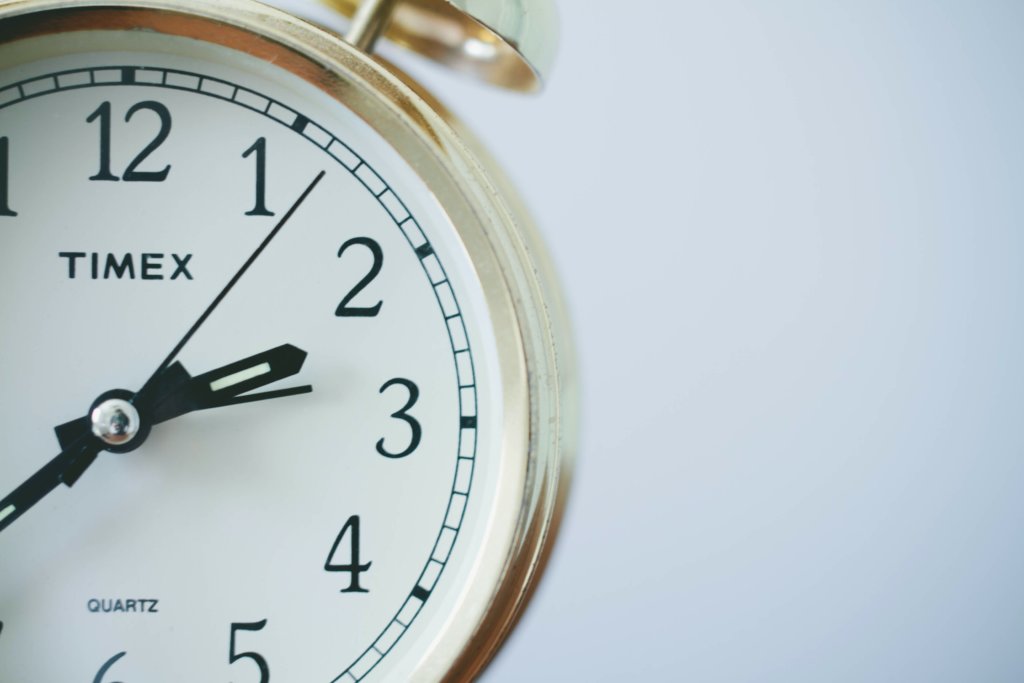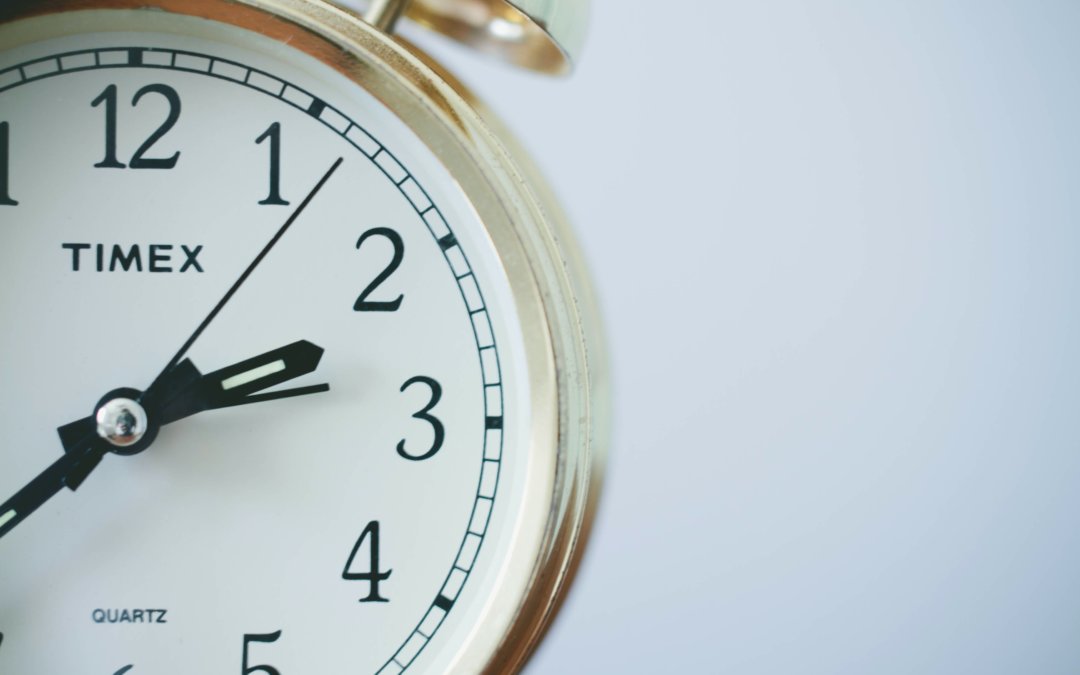
Time is a precious resource that often feels scarce in our fast-paced lives. Whether you’re juggling work, personal commitments, or social obligations, finding time for your relationship can be challenging. However, maintaining a healthy and fulfilling relationship requires effort and dedication, just like any other aspect of your life. One powerful tool at your disposal for managing your time effectively within your relationship is establishing a well-structured routine. In this blog post, we’ll explore the importance of keeping a routine in relation to time management within your relationship and provide actionable tips to help you create a balanced and harmonious partnership.
Understanding the Role of Routine
A routine is a set of habits and activities that are performed regularly and predictably. It provides structure to your day, helping you prioritize tasks and allocate time to different activities. In the context of a relationship, a routine helps create a sense of stability, familiarity, and consistency. By integrating routines into your daily life, you and your partner can reduce stress, enhance communication, and make the most of your shared time.
- Strengthening Communication
Effective communication is the cornerstone of any successful relationship. A routine can play a significant role in improving communication between you and your partner. By setting aside specific times for open and honest conversations, you create opportunities to discuss your thoughts, feelings, and concerns without interruptions or distractions.
Allocate a designated “communication time” each day where both you and your partner can discuss your day, share updates, and address any issues that may have arisen. This dedicated time helps prevent misunderstandings, fosters empathy, and ensures that both partners feel heard and valued.
- Prioritizing Quality Time
In a world brimming with distractions, it’s easy to lose sight of the importance of quality time spent together. A well-structured routine allows you to carve out dedicated moments for each other, reinforcing the emotional connection between you and your partner.
Create a weekly “date night” where you engage in activities you both enjoy. Whether it’s cooking a meal together, watching a movie, or taking a leisurely walk, these moments provide an opportunity to bond and create lasting memories.
- Balancing Personal and Shared Goals
Maintaining a balanced routine doesn’t mean sacrificing your individual aspirations. In fact, a routine can help both partners pursue their personal goals while also nurturing the relationship. By setting aside time for personal hobbies, exercise, and self-care, you ensure that you are fulfilled as an individual, which positively impacts the relationship.
Include time for both personal and shared activities in your routine. This might involve setting aside specific hours for personal projects and allowing for mutual activities such as working out together or exploring a new hobby.
- Managing Household Responsibilities
Household chores and responsibilities can often become sources of tension in relationships. A well-structured routine can help manage these tasks efficiently, reducing stress and fostering a sense of teamwork.
Create a weekly chore schedule where both partners contribute to household upkeep. By dividing tasks and designating specific days for cleaning, cooking, and other chores, you create a sense of accountability and prevent unnecessary conflicts.
- Enhancing Emotional Intimacy
Routine can also enhance emotional intimacy by promoting consistent emotional connection and support. Establish habits that show your partner you care, such as sending a thoughtful text during the day, expressing gratitude, or engaging in regular acts of affection.
Incorporate daily gestures of love and appreciation into your routine, such as sharing a morning hug or leaving a surprise note. These small actions reinforce your emotional bond and contribute to a thriving relationship.
- Flexibility and Adaptability
While routines offer structure, it’s important to remember that life is unpredictable. Flexibility within your routine is key to successfully managing your time and maintaining a healthy relationship. Unexpected events or changes in circumstances may require adjustments to your routine, and being adaptable is crucial for maintaining harmony.
Regularly assess and refine your routine to accommodate evolving priorities and responsibilities. Open communication with your partner ensures that both of you are on the same page and can adapt to changes together.
In a world where time is a precious commodity, keeping a routine in your relationship is a powerful strategy for effective time management. A well-structured routine strengthens communication, prioritizes quality time, balances personal and shared goals, manages household responsibilities, enhances emotional intimacy, and fosters flexibility. By integrating these elements into your daily life, you and your partner can navigate the challenges of time management while nurturing a fulfilling and harmonious relationship. Remember, a routine isn’t meant to stifle spontaneity or creativity; rather, it provides a framework within which your relationship can flourish. So, embark on this journey of routine-based time management and watch as your relationship thrives amidst life’s many demands.

